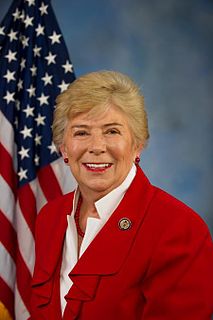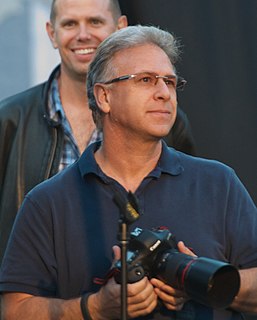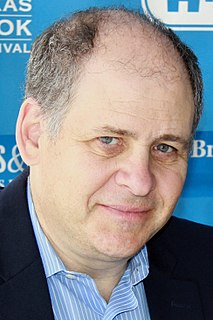A Quote by Jami Attenberg
In addition to public housing, South Williamsburg is home to shabby artists' lofts like mine, apartments of Hasidic Jews, and one extremely tall, high-priced condo.
Related Quotes
The real story in housing will be a recovery in the economy that will drive a recovery in housing, When people are working, when there are more jobs, more households forming and people go back to buying cars, they're going to want their apartments and homes. And that's when you'll start to see a recovery in home prices.
I think the entrepreneurial activities that make art visible and attractive are what lure people into the amusement park that SoHo has become or that Bushwick or Williamsburg has become. It's not that outsiders come to an area because they hear artists are living there. A lot of people came who were not that interested in living with artists, but they were interested in living like artists and socializing the way that they thought artists socialized.
One of the things for me, as a biographer, that is so significant is for Eleanor Roosevelt - the child who never had a home of her own, who lives in her grandmother's home and then goes to school and then gets married and lives in her mother-in-law's homes, and then in public housing (like the White House and the State House) - housing becomes for Eleanor Roosevelt the most important issue.
A lot of us New Yorkers have bought apartments or bought lofts or are struggling to do it because at least that gives you some respite from the inexorable tightening of the screw every year - rent. But that puts you on this treadmill where you are constantly thinking, "Should I sell this place and move somewhere cheaper?" Artists have migrated across the East River and eastward in Brooklyn - as have non-artist populations, apparently going back to the Lenape Indians. There's been a migration to New Jersey, to Philadelphia, and farther afield.
By laying the groundwork for a system centered on home ownership rather than the public housing popular in Europe, the New Deal made possible the great postwar housing boom that populated the Sun Belt and boosted millions of Americans into the middle class, where, ironically, they often became Republicans.
Weekly $25,000 shopping binges at Barney's and "high end" boutiques for clothes I barely wore were the norm. So were lavish meals with friends where I picked up $1000 tabs. These high-priced activities were within my limits because I was extremely successful financially, a testament to my manic behavior, not to mention my involvement in illegal activities.































